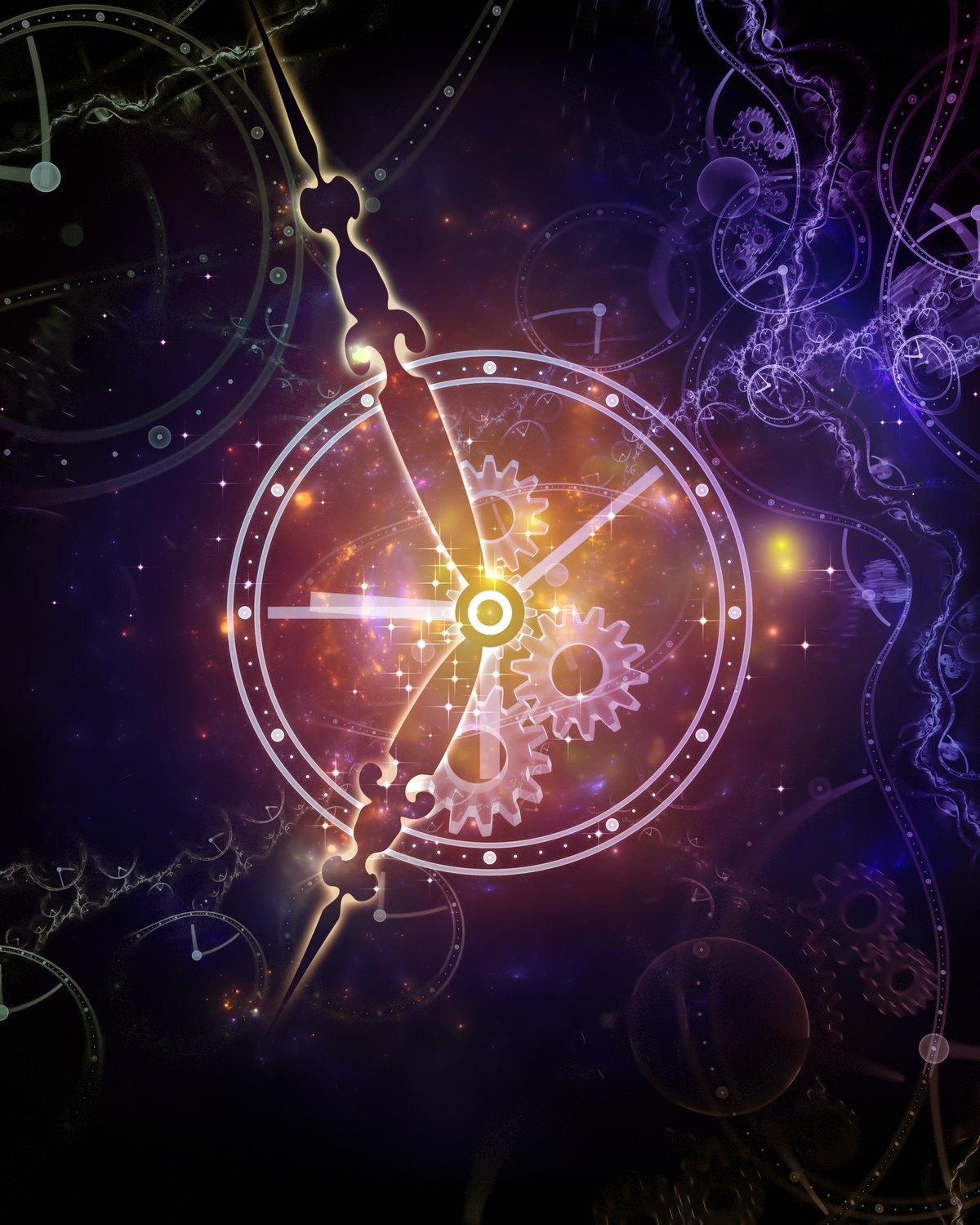According to German physicist Albert Einstein, Time is relative and can be experienced differently depending on the situation.For example, the time spent in a fast-moving car is different from the time spent by a person sitting at home.
A new study suggests that time may not be what it seems—it may actually be an illusion created by quantum physics to help us understand what’s going on around us.
It was published in the scientific journal Physical Review A. The paper suggests that time can be considered a consequence of quantum entanglement. Alessandro Coppo, one of the study’s authors and a physicist at the Italian National Research Council, wrote on his website: Live Science that this theory is consistent with both the laws of classical physics and the laws of quantum mechanics.
Researchers began studying time after noticing inconsistencies between the quantum theory of time and Albert Einstein’s own theory of general relativity.
To better explain time, scientists used Page and Wotters’s theory of mechanism, published in 1983. The idea is that time for an object arises through quantum entanglement between two objects. During experiments, the authors realized that the hypothesis could also be described by the Schrödinger equation, which can predict the behavior of quantum objects.
“There is a way to introduce time that is consistent with both classical and quantum laws, and that is a manifestation of entanglement. The correlation between the clock and the system enables the emergence of time, the fundamental element of our lives.. There appears to be a serious inconsistency in quantum theory. “We call it the timing problem,” Coppo said.
No time?
Normally, people think of time as acting like an arrow, following a straight line and going forward without going back. Alberto Casas González, a Spanish professor and researcher at the Institute of Theoretical Physics (IFT – UAM – CSIC), explains that there is no calculation or equation that determines whether time flows as past, present and futureFor scientists, the flow of time we observe is an illusion created by our brain.
It is important to emphasize that not all scientists support the new proposal; some even agree that it is mathematically consistent with quantum physics, but say there is still no way to do more definitive tests to understand what time actually is. A decision on the issue would significantly aid the development of a “theory of everything.” — an attempt to create a hypothesis that ties everything together.
In any case, it is important to emphasize that this new study is just a theory, so scientists need to delve deeper into the topic to find more definitive answers for science.
“We present an implementation of a recently proposed procedure for describing time, based on the Page and Wootters approach, where the evolving system and its clock are described as entangled and non-interacting systems. We study how quantum dynamics degenerates into classical behavior when conditions for macroscopicity are met by the clock alone or by both the clock and the evolving system,” the study explains.
Stay up to date with more news about quantum physics at TecMundo. Take the opportunity to understand what quantum entanglement is. On to the next one!
Source: Tec Mundo
I’m Blaine Morgan, an experienced journalist and writer with over 8 years of experience in the tech industry. My expertise lies in writing about technology news and trends, covering everything from cutting-edge gadgets to emerging software developments. I’ve written for several leading publications including Gadget Onus where I am an author.












